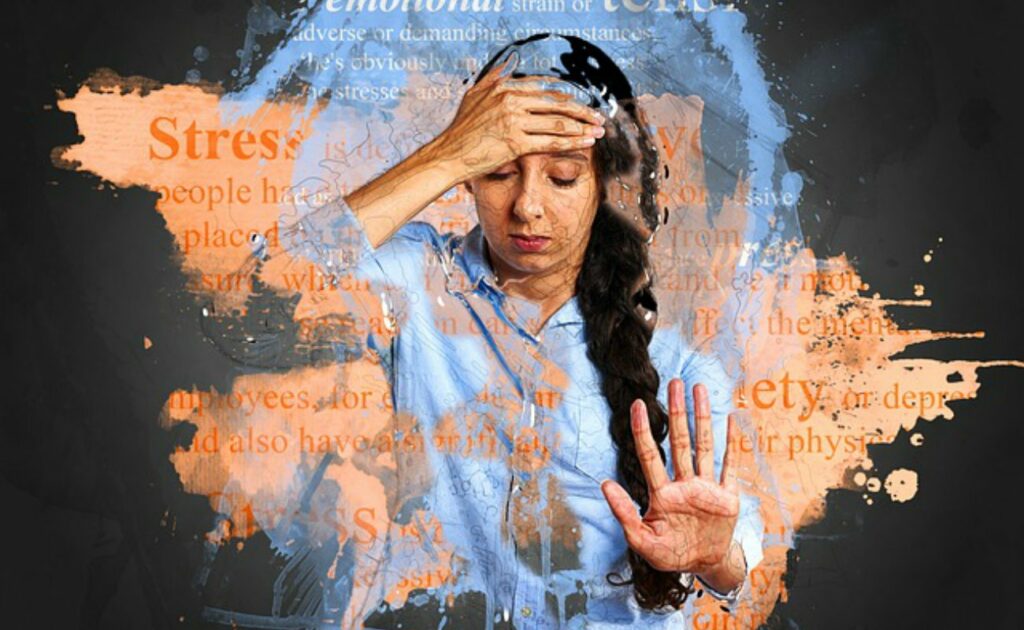A young lady was experiencing feelings of anxiety that were coming up as a result of her meditation practice. She didn’t know what to do and sought some help on social media. When I arrived at the Facebook post in question, there were already two comments in the answer thread. One suggested that she was vibrating the anxiety out of herself and that she should simply face it and let it heal. This response garnered the most likes. The second response claimed that her soul was hungry for the unknown. I thought about how anxiety in general is one of those issues that’s not discussed enough and wanted to bring something to the reader’s attention.
It’s important to understand and identify the type of anxiety you’re feeling in order to understand why meditation might trigger it. Generalized ‘anxiety’ has a number of symptoms like restlessness, fatigue, difficulty concentrating, irritability, muscle tension and sleep disturbances. Each of these have underlying causes as well. Anxiety ‘disorders’ also come in variations like panic attacks, OCD, and PTSD, and again like above, have various underlying causes.

It’s also be pertinent to consider that at the heart of anxiety is often found an underlying neurochemical and/or neurobiological imbalance and further, that these may be different between types of anxiety. Hence, anxiety, while easily treated, is rather important to diagnose properly. Metaphysical and/or philosophical ideas are good to entertain, and the human condition is most often resilient and resourceful enough to deal with minor anxiety issues all on our own, until unless they become habitual and start to interfere with the joy of living.
Meditation in and of itself is not ‘shadow work’. Meditation has been around for thousands of years and is quite clearly documented as causing more benefit than harm, and likewise, there is not really a lot of data, nor have many studies been conducted to assess the possible negative effects of meditation. The few studies that have been conducted have sought to correlate the associated psychological (e.g., emotional stress, confusion, disorientation, and dependence on practice), psychopathological (e.g., anxiety, deliriums, and hallucinations), and physiological (e.g., pain, sensorial dysfunction, exacerbation of neuromuscular/joint diseases, reduction in appetite and insomnia) symptoms with the effects of meditation. The most severe cases reported include the precipitation of psychosis, post-traumatic stress disorder (PTSD), and epileptic attacks.
There’s a lot to consider, including the introduction to the global conversation of the concept that ‘neurochemical imbalance is a myth’. But to wrap up, if meditation is triggering anxiety, it’s wise to talk to someone who has experience in this field in order to determine a healthy, productive approach to your practice. Here’s a candle. There’s no need to walk alone in the dark. Feel free to reach out to me, too. Perhaps I can point you in the right direction.

…is a Saiva Tantrika, Gyana Yogi and founder of Uma Maheshwara Yoga & Ayurveda. David has an MA in Semiotics, lives in Japan with his family and works as a coach in L & D, devoting his time to developing science-based tools and programs that help people reach the fullest potential of the human condition.
Discover more from REAL YOGA
Subscribe to get the latest posts sent to your email.

